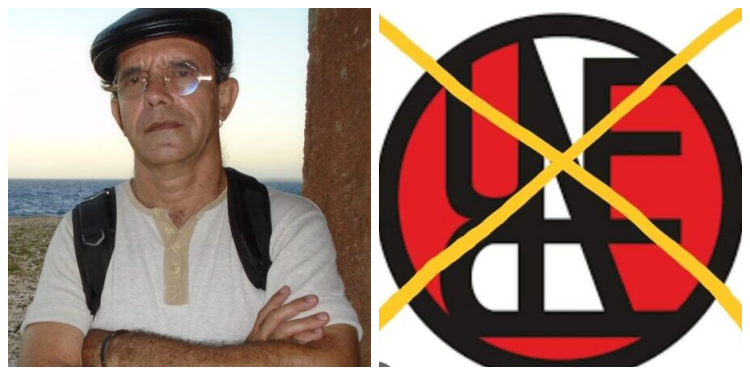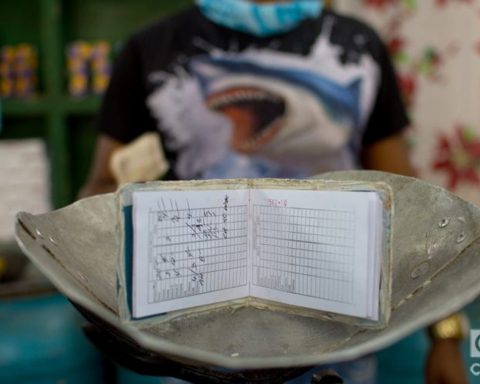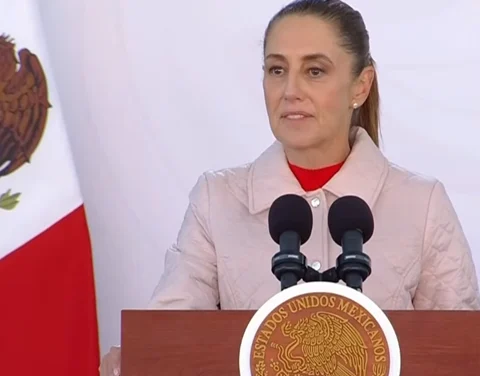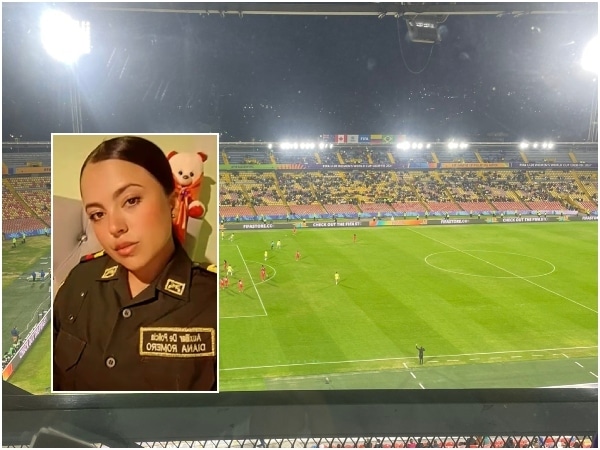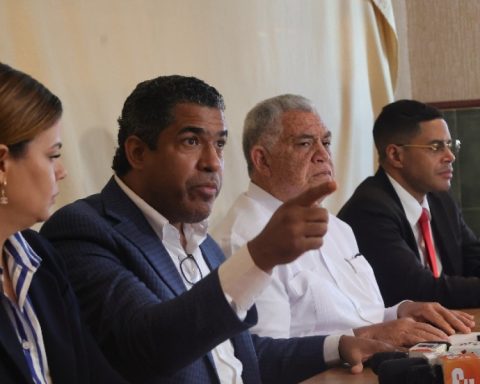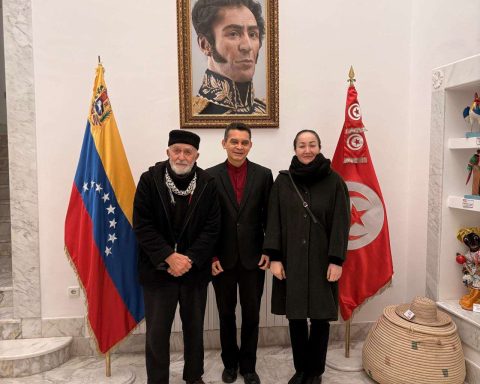AREQUIPA, Peru – Cuban intellectual Jorge Fernández Era sent a letter of resignation to the Union of Writers and Artists of Cuba (UNEAC) in a gesture of protest and solidarity with the historian Alina Bárbara López, who was expelled from the aforementioned organization last Thursday.
“The expulsion from the Matanzas professorship and academic community does not make me any less indignant just because it was expected,” the writer and comedian from the island said in his letter.
The text recalls that the UNEAC statutes should seek “the right to information, to speech, to the exercise of judgment, to the broadest freedom of creation, to research, to experimentation, to criticism, to debate and to controversy.”
However, López was expelled for “criticizing” the leaders of the Cuban regime and, according to Fernández Era, during the last two years the organization “has not lifted a finger” to worry about the harassment that both have suffered from State Security and other repressive organs of the Ministry of the Interior.
“If they are consistent with the crude pretexts with which they expelled Alina, my turn will wait, if at all, for the signature of some official of the Ideological Department of the Central Committee. To save paperwork for bureaucrats who are already subordinate, I request my resignation,” says the letter addressed to the president of the entity.
In addition, the cuban intellectual He stressed that the act against López adds to the “repugnant” chapters of Cuban history such as the UMAP, the Parametración, the Black Spring and “the minister’s slap in the face.” Such acts, he believes, represent nothing other than the literal fulfillment of Fidel Castro’s maxim: “With the Revolution everything, against the Revolution nothing.”
“With its complicity, UNEAC reveals itself as the paramilitary force that it is, at the service of the dictators in power,” the writer emphasizes.
Repression and harassment of intellectuals in Cuba
At the beginning of last July, the human rights organization Amnesty International (AI) denounced the repression against the intellectual Jorge Fernández Era, harassed by the island’s regime and sentenced to one year in prison. house arrest for his contributions to independent media such as The Touch and The Young One Cuba.
In a message of support to the journalist, AI’s director for the Americas, Erika Guevara Rosas, expressed on the social network Twitter: “We join in condemning the harassment and house arrest of the intellectual Jorge Fernández Era, who has reflected Cuban reality with his satire.”
He also condemned the government of Miguel Díaz-Canel for “continuing to punish dissent and criticism under its systematic policy of repression.”
In recent days, more than 300 Cuban artists, comedians and writers have signed a petition in support of Jorge Fernández Era.
For her part, Alina Barbara Lopez Hernandez was expelled UNEAC on September 12 after being accused of carrying out “activities against the revolution.” The decision, which cannot be appealed, was communicated to her during a meeting in Matanzas, where the Provincial Committee of the organization notified her of her definitive separation.
This incident adds to the series of repressive actions by the regime against the academic, which have intensified in recent months.
In a post on her Facebook profile, the historian described the details of the process, stressing that officials refused to give her a written copy of the document containing the accusations, under the pretext that it was a “verbal communication.”
Lopez Hernandez He said that the meeting was attended by the Committee’s president, José Manuel Espino, and four officials who lead the organization’s artistic associations. During the meeting, he was informed of the “reasons” for his expulsion, including the publication of internal information on social media and an alleged offense to Julio César Pérez Verdecia, vice president of the Writers’ Association.
According to the academic, Pérez Verdecia has been linked to “cyber-combat” campaigns directed by State Security. The latter commented on the Atenea Matancera page, a platform associated with State Security, that López “had lost her shame and was violating the peace in the city.” López Hernández responded by saying that far from offending, her defense had been ethical, pointing out that it was she who felt aggrieved.
The alleged reasons for the expulsion include carrying out activities “against the revolution,” publishing criticism of the Cuban leadership in media such as Young Cuba and CubaxCuba, and her support for the protesters of July 11, 2021 (11J). She was also accused of “committing serious crimes” contemplated in the Penal Code, specifically disobedience and attack.
López Hernández defended his right to freedom of expression and peaceful protest, rights recognized in the Cuban Constitution.
